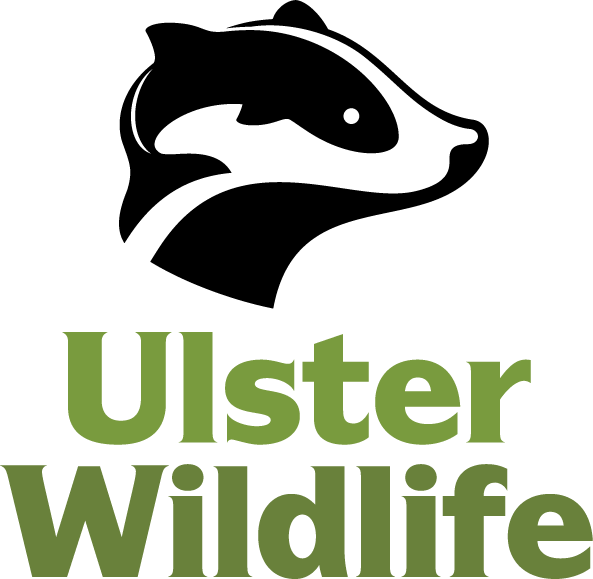Respond now and ensure nature is put on a path to recovery
The threat to nature has been highlighted more strongly than ever this past year, with the global climate conference, COP26, in November bringing this to the world’s attention.
It is increasingly clear that we cannot tackle one crisis without tackling the other, and that we need a step-change in approach to fast-track nature’s recovery – and that this needs to happen now.
In the UK, the Environment Act came into law in November, and will soon apply here too. This will require an Environmental Improvement Plan (EIP) to be put in place which sets out the steps the government intends to take to “significantly improve the natural environment”, which must be reviewed at least every 5 years. Government must report on progress towards targets set in the EIP every year. DAERA has now published a draft Environment Strategy which, once finalised, will become Northern Ireland’s EIP – we have an opportunity now to shape the final version and ensure there are robust measures in place to secure nature’s recovery. We have previously responded to a consultation on what should be included in Northern Ireland’s Environment Strategy – now is our final chance to check the proposals are ambitious enough.
Within the draft Strategy, there are a huge number (225!) of actions for government departments to take to improve our environment. Many of these are very welcome, such as the ‘nature positive by 2030’ commitments of protecting 30% of land and 30% of sea for nature by 2030 – developing nature recovery networks, recognising the role of farming in restoring nature, and restoring/protecting habitats that play a key role in locking away carbon both at land and sea. However, many of these actions don’t have the detail included to be measurable - or are not time-bound.
Ulster Wildlife is responding to the consultation calling for the Strategy to be truly ambitious, strategic but also specific- with legally-binding targets that will result in the step-change needed to put nature into recovery across Northern Ireland.
How you can help
Please join us in responding to the Environment Strategy consultation here, before it closes on 18 January –telling DAERA that:
- Legally-binding targets are essential for the Environment Strategy to secure nature’s recovery – this requires additional policy/legislation to mandate this.
- To galvanise the necessary action quickly, targets need to be specific, measurable and time-bound. Crucially, they need to be ambitious- a transformation in how we interact with the environment around us and how we restore nature and all it does for us.
- Nature must be restored coherently on land and at sea both within and outside of protected sites, with protected sites effectively managed and connected as core sites in a landscape-scale Nature Recovery Network, and supported by robust monitoring.
- Habitat restoration must address the biodiversity crisis but also support our response to climate change, making our environment more resilient. Key habitats play an exceptional role in locking away carbon and also in reducing climate change impacts such as flooding and erosion- such as our peatlands, species-rich grasslands, forests and hedgerows, saltmarsh, seagrass, shellfish reefs and marine sediments. These are ‘Nature-based solutions' to climate change and require protection, restoration and creation at scale.
- Develop and introduce biodiversity net gain in planning decisions- to ensure we uphold the ability of nature to support us and to tackle the nature crisis.
- Farming and land use policies must enable and incentivise landowners and managers to support biodiversity recovery, such as through nature-friendly farming: agriculture covers 75% of Northern Ireland’s landmass which represents a huge opportunity to support nature.

